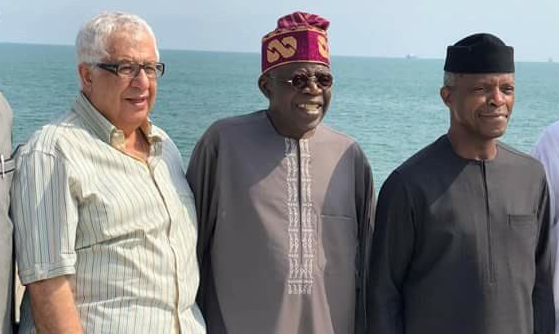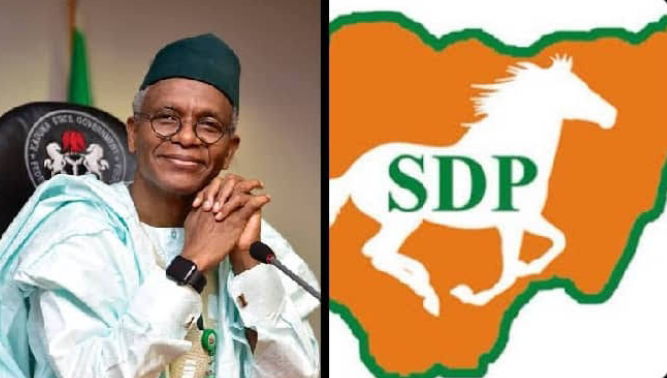Central Bank of Nigeria is still unwilling to devalue the naira
Published on 2016 November 24, Thursday Back to articles
Many businesses are almost running to a halt because of their inability to access increasingly scarce foreign exchange. Despite this, sources at the Central Bank of Nigeria (CBN) have told Nigeria Politics & Security that the apex bank will not change its current position on holding the official exchange rate at N305-N315 to the US$. Our sources tell us that after several studies the CBN has concluded that the naira’s true value lies in that range and not in the N450-N455 range that it is currently being traded at in the black market.
The CBN fears that big banks and their foreign partners are interested in buying Nigerian assets on the cheap, therefore purposely pushing for a devaluation, or free float, of the naira. Our sources tell us that President Buhari has made it clear that he will not tolerate any further weakening of the naira and this is another reason the CBN will do anything to sustain its current value.
Manufacturing sector sources are saying that they are rapidly running through their inventory stocks. One of the leading manufacturers of soft drinks told us that he is down from nine to two months of inventory. He also said that, although he needs about US$16 million every month, he is getting an average of US$2 million, and if he is lucky he sometimes gets US$10 million. The shutting down of plants has become common in the sector while most manufacturers are operating at well below their existing capacity. Sources say that January is likely to be the tipping point for many companies because they will have to decide on the best capacity to operate at going forward, possibly meaning they might have to shut down some plants or even their whole operations.
Sources have told Nigeria Politics & Security that many multinationals are sitting on billions of naira in revenues for which they cannot access the dollar equivalent. This has created a huge dilemma for these companies, which fear that any possible devaluation could wipe out whatever gains they have made whilst operating in the country. One source said that it also means that the multinationals are not eager to bring in new investment because they have been unable to repatriate revenues and profits they have already made in Nigeria. Some are therefore seeking new foreign investors that are trying to enter Nigeria, asking them to pay their dollars into their offshore accounts, while they use their naira stockpile to get what they need on their behalf.
Individuals are even placing advertisements on social media seeking Nigerians who want US$ for their naira as a way of by-passing the official exchange rate. International Money Transfer Operators (IMTOs) offer the official rate stated above, which many in Nigeria do not find attractive. But the government has been sending the security services to arrest black market operators in a bid to force them to sell their stock of US$ at the official rate. This has led to a scarcity on the streets as operators are now only selling to people they actually know, at their preferred rate.



